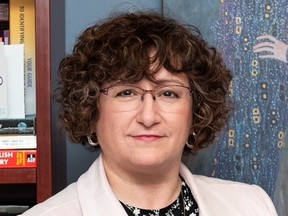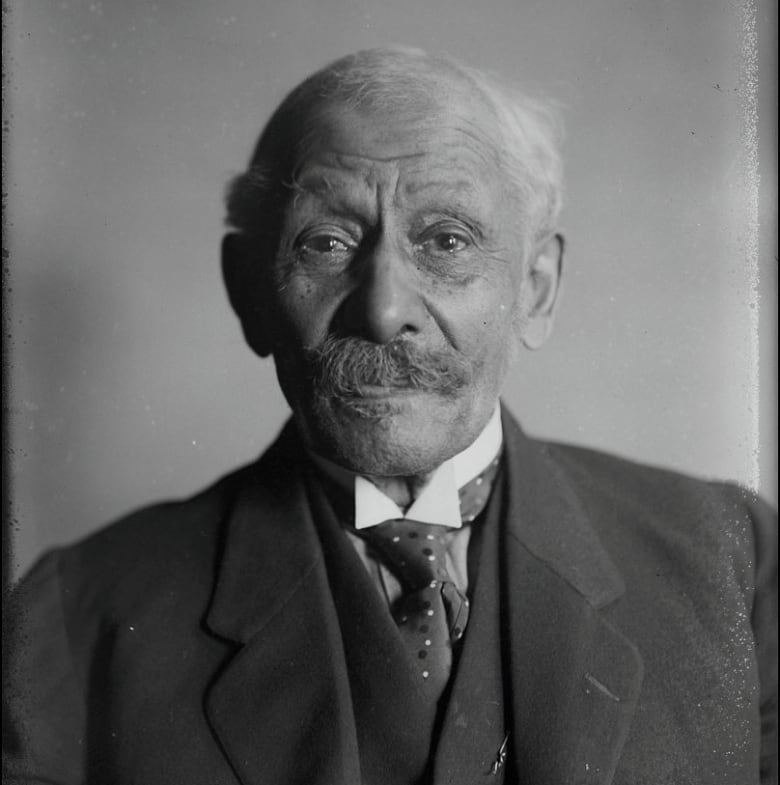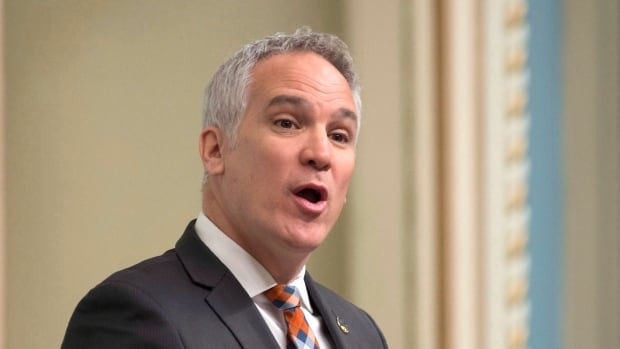The MAGA right exists in a perpetual state of overheated grievance. But as the November election nears, the temperature seems to be rising, getting dangerously high.
This week, following Gaza war protests that disrupted travel in major American cities Monday, Senator Tom Cotton explicitly called on Americans to “take matters into [their] own hands” to get demonstrators out of the way. Asked to clarify those comments Tuesday, Cotton stood by them, telling reporters he would “do it myself” if he were blocked in traffic by demonstrators: “It calls for getting out of your car and forcibly removing” protestors,” he said.
X content
This content can also be viewed on the site it originates from.
The right-wing senator’s comments came on the heels of Kari Lake, the GOP candidate for Senate in Arizona, suggesting supporters should arm themselves for the 2024 election season. “The next six months is going to be intense,” she said at a rally Sunday. “And we need to strap on our—let’s see, what do we want to strap on? We’re going to strap on our seat belt. We’re going to put on our helmet or your Kari Lake ballcap. We are going to put on the armor of God. And maybe strap on a Glock on the side of us, just in case.”
And those comments came a couple weeks after Donald Trump, who regularly invokes apocalyptic and violent rhetoric, shared an image on social media depicting President Joe Biden—his political rival—hog-tied in the back of a pick-up truck. “This image from Donald Trump is the type of crap you post when you’re calling for a bloodbath or when you tell the Proud Boys to ‘stand back and stand by,’” a Biden spokesperson told ABC News last month, referring to the former president’s dog-whistle to extremist groups during a 2020 debate and to cryptic remarks he’s made from rally stages this spring suggesting Biden’s reelection would mean a “bloodbath”—for the auto industry and for the border. This kind of thing is nothing new—not for Trump, not for his allies, and not in American history, which is what makes these flirtations with political violence all the more dangerous.
We’ve seen where this kind of reckless rhetoric can lead. Throughout Trump’s first campaign for president, it led to eruptions of violence at his rallies, which he openly encouraged: “Knock the crap out of ‘em, would you?” he told supporters of hecklers. It also inflamed tensions throughout his presidency, which culminated with his instigating a violent insurrection at the United States Capitol. According to a PBS Newshour/NPR/Marist poll this month, 20 percent of Americans believe violence may be necessary to get the country on track. A disturbing new study out of University of California-Davis found openness to political violence was even higher among gun owners, particularly those who own assault weapons, recently purchased their firearms, or carry them in public. And an October survey by the Public Religion Research Institute and the Brookings Institution suggested that support for political violence, while still limited, appears to be increasing, with nearly a quarter of respondents overall—and a third of Republicans—agreeing with the statement: “Patriots may have to resort to violence in order to save our country.”
“It looks like the temperature has gone up across the board, but especially among Republicans,” Robert P. Jones, president and founder of PRRI, told Axios of the survey last fall. That’s no accident. It’s the kind of political climate you get when a sitting senator promotes vigilantism, a Senate candidate calls on supporters to take up arms, and a major party embraces or enables a demagogue. “Political violence,” as Biden campaign communications director Michael Tyler put it a couple weeks ago, “has been and continues to be central to Donald Trump’s brand of politics.”























